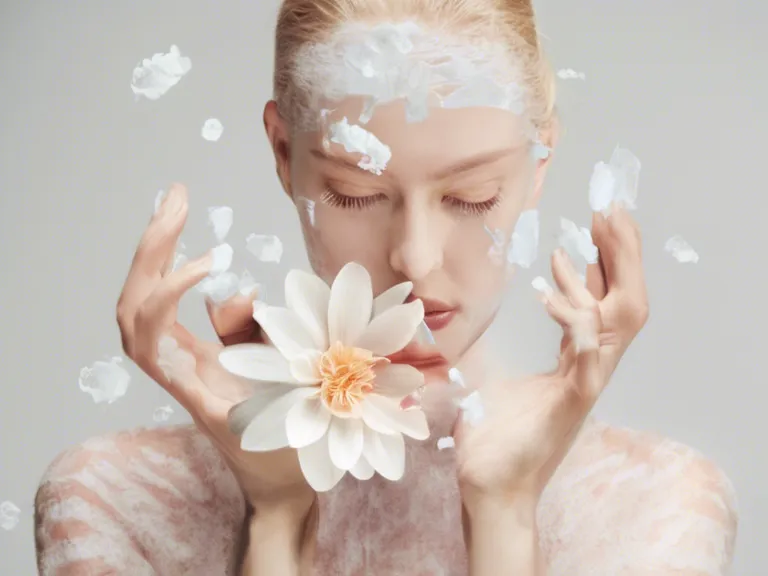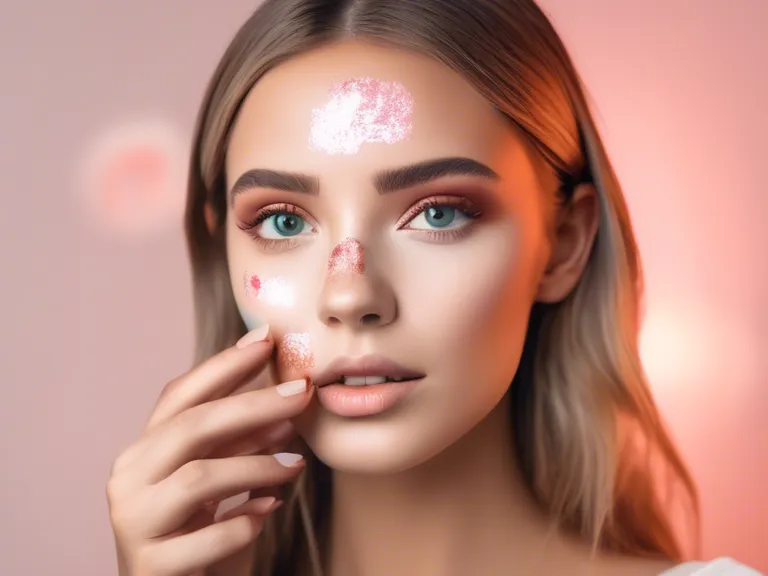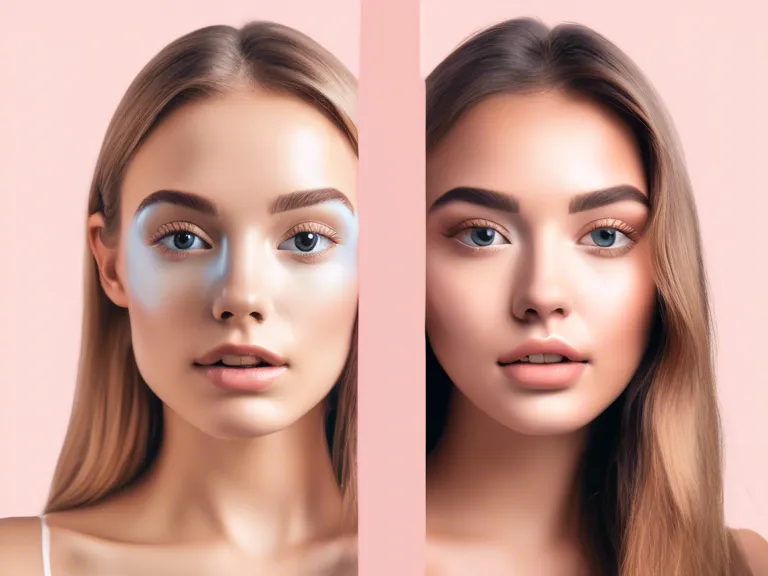
Beauty has long been associated with physical appearance, but what about the connection between mental health and aesthetic practices? The concept of mindful beauty emphasizes the importance of taking care of both our outer appearance and inner well-being. This holistic approach recognizes that true beauty goes beyond surface-level qualities and encompasses mental, emotional, and spiritual aspects as well.
In recent years, there has been a growing interest in the intersection of mental health and beauty. Many people are turning to self-care rituals such as skincare routines, makeup application, and hair styling as a way to practice mindfulness and improve their mental well-being. These beauty practices can serve as a form of self-expression, creativity, and self-care that can have a positive impact on mental health.
Moreover, the act of engaging in beauty rituals can be a meditative experience that helps individuals to stay present in the moment and reduce stress and anxiety. Whether it's taking the time to apply a face mask, practicing a soothing skincare routine, or experimenting with makeup looks, these beauty practices can help create a sense of calm and relaxation in our busy lives.
Additionally, the beauty industry is becoming more attuned to the mental health of its consumers. Brands are increasingly incorporating mindfulness practices into their products and marketing, promoting self-love and self-care as an integral part of beauty routines. This shift reflects a broader cultural movement towards prioritizing mental well-being and holistic health.
Ultimately, mindful beauty encourages us to cultivate a healthy relationship with our appearance, acknowledging that true beauty comes from a place of self-acceptance, self-love, and self-care. By integrating mental health practices into our beauty routines, we can enhance our overall well-being and feel more connected to ourselves and the world around us.



